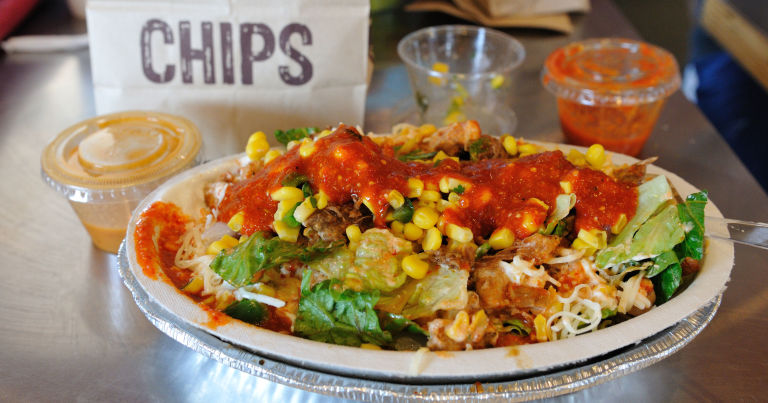On September 22, 2017,
Amazon made a public announcement claiming that they have established a partnership with Olo, an online platform that allows customers to order food for delivery and takeout online. Lots of restaurants are affiliated with Olo, with popular choices such as Chipotle, Five Guy’s, Jamba Juice, and Shake Shack (Shen, 2017). Having just acquired Whole Foods earlier this year, Amazon is looking to expand its food horizons even more and try to start delivering delicious food from many fast casual restaurants. While Amazon already had a division specializing in food delivery, known as Amazon Restaurants, its service definitely was not as widely known and restaurant choices were at a bare minimum. This official partnership between Amazon and Olo has great potential to bring fast casual favourites straight to people’s doors.


This partnership can greatly elevate Olo as a company, as well as Amazon through its restaurant specialization, since it is beneficial for both parties. Though Olo is already known for its good service through its takeout and delivery, Amazon has its name near the top of the list of large corporations. While Olo will still be providing the main service of the ordering of the food, Amazon will be in charge of the delivery and transfer process. For a fact, Olo is going to be getting their name out to the world with this confirmed partnership. Amazon is clearly becoming serious about the food business ever since their acquisition of Whole Foods earlier in the year (Krishna, 2017) , and now the acquisition of Olo will help them with the food business even more. “The value for Amazon here is that this partnership gives them potential access to the many different chains in Olo’s client base” (Krishna, 2017).
How is this beneficial to Amazon customers? Starting soon, any customer with an Amazon Prime account will have quick access and delivery of their favourite fast casual food chains. Amazon is already a very common place for consumers to order anything, such as technology, home furniture, and some random knick knacks. With Amazon’s extensive effort to reach out into the food business, if Olo’s client base is ready to work with Amazon, they may become a true dominator in the market, being able to supply almost anything possible to a consumer’s liking. Amazon really seems as if they will be starting to have a monopoly on the market with their ability to provide a vast array of products for any consumer at competitive prices. This partnership between Olo and Amazon will satisfy lots of customers who always ask for popular chains to deliver, and now delivery quality will be of high standard since Amazon will be in charge.
References:
https://www.bustle.com/p/what-fast-food-brands-will-amazon-deliver-chipotle-shake-shack-are-likely-contenders-with-this-new-partnership-2439919
https://www.digitaltrends.com/home/amazon-olo-food-delivery/
https://www.engadget.com/2017/09/22/amazon-olo-food-delivery-partnership/
http://fortune.com/2017/09/24/amazon-restaurant-delivery-chipotle-shack-shake/
https://www.today.com/food/amazon-now-bringing-chipotle-shake-shack-your-door-t116628